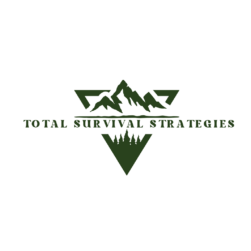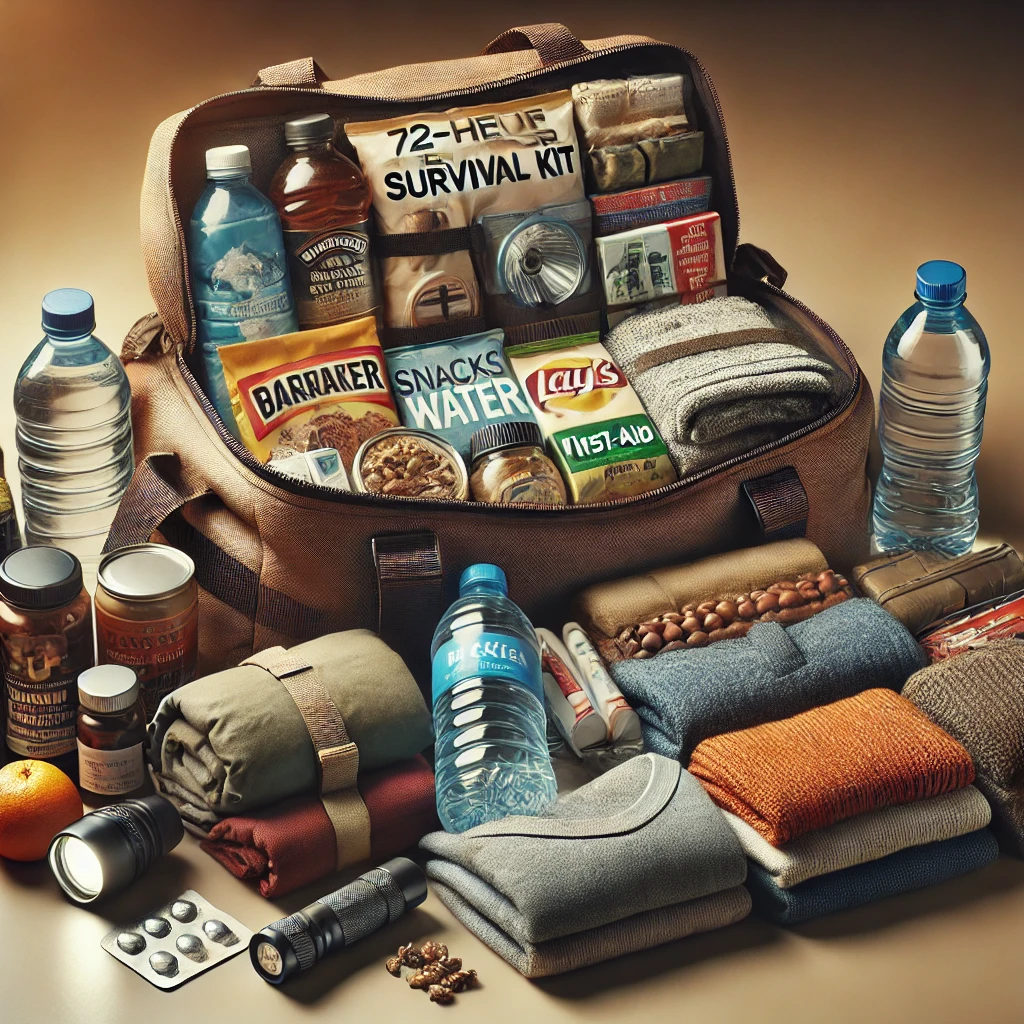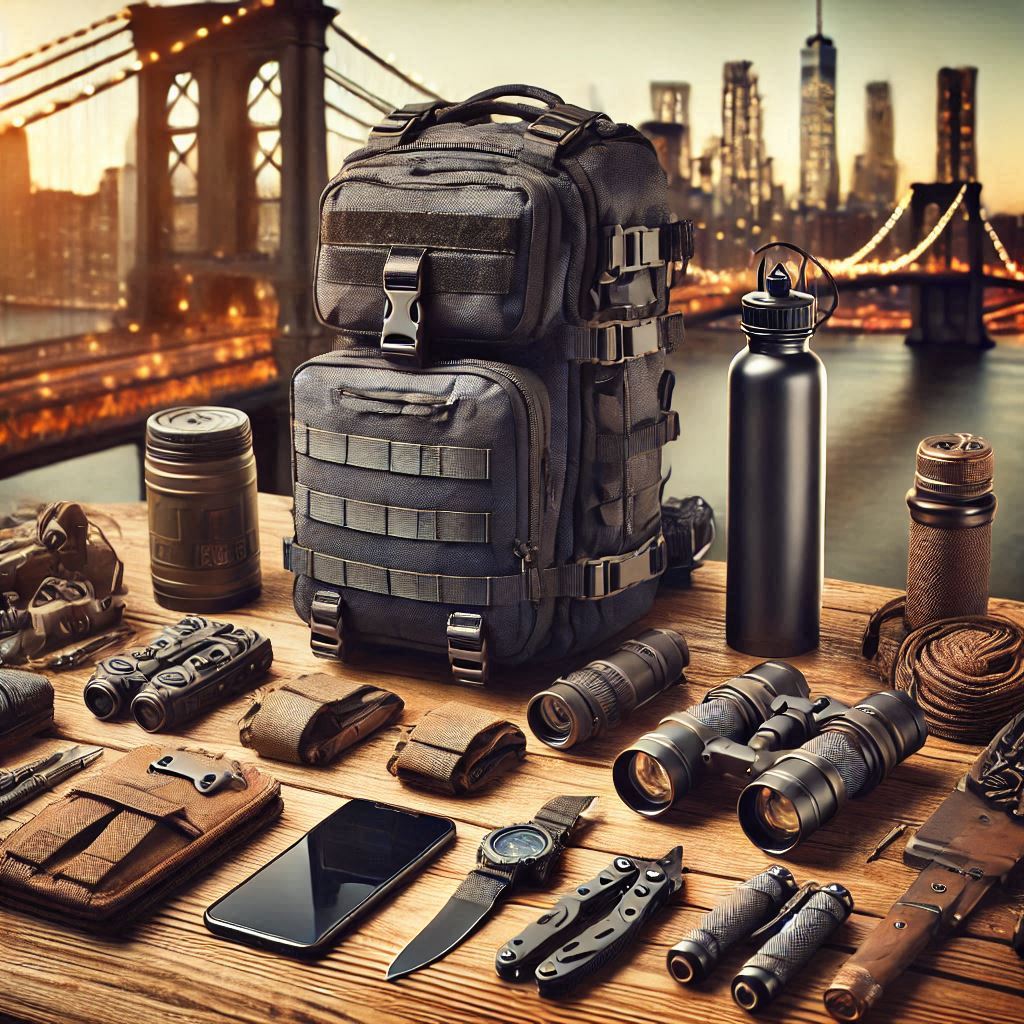Overview:
In any emergency—a fire, earthquake, or unexpected evacuation—having a well-prepared 72-hour kit can make all the difference. Each family member, including pets, should have their own bag that’s easy to grab at a moment’s notice. Ideally, use a waterproof duffle bag or a sturdy backpack to store essential supplies.
Updating Your Kit:
Every six months, check and update your kit to ensure that:
- Food, water, and medications are fresh (not expired).
- Clothing still fits.
- Documents and credit cards are up-to-date.
- Batteries are charged.
Small toys or games are also useful for comforting and entertaining children during a stressful time.
Food and Water
(Aim for a three-day supply per person, with items that don’t require cooking or refrigeration.)
- Protein/Granola Bars
- Trail Mix/Dried Fruit
- Crackers/Cereal
- Canned Tuna, Beans, Vienna Sausages (choose ‘pop top’ cans for easy opening)
- Military MREs (Meals Ready to Eat) with full meals including a main entrée, side, dessert, and beverage
- Canned Juice
- Candy/Gum
- Water: 1 gallon (4 liters) per person. Consider sealed water packets or personal water purifiers that remove bacteria and viruses. Alternatively, carry water purification tablets and a sturdy water bottle or thermos.
- Infant Formula and container (if applicable)
Bedding and Clothing
Pack versatile clothing suitable for various weather conditions:
- Change of clothes (short- and long-sleeve shirts, pants, socks, jackets, shoes)
- Undergarments
- Raincoat/Poncho
- Blankets and Emergency Heat Blankets
- Plastic Sheet (for insulation or shelter)
Fuel and Light
Prepare to navigate and stay visible:
- Battery-powered Flashlights or Lamps with extra batteries (consider hand-crank options)
- Flares
- Candles
- Lighter and Waterproof Matches
- Whistle (for signaling help)
Essential Equipment
Tools and utensils to cover basic needs:
- Manual Can Opener, Dishes, and Utensils, portable cooking utensils.
- Shovel and Small Axe
- Radio (battery-powered or hand-crank)
- Pen and Paper
- Pocket Knife and Rope
- Wrench or Pliers (for shutting off utilities if needed)
Personal Supplies and Medication
First Aid: Include a comprehensive kit with bandages, antiseptics, and any specific medications.
Toiletries: Toiletries,Toilet paper (flattened for easy storage), feminine hygiene products (doubles as emergency bandages), and basic hygiene items (hand sanitizer, soap, shampoo, etc.)
Medication: A three-day supply of any prescription medication, plus over-the-counter basics like acetaminophen, ibuprofen, children’s medications, and antacids.
- Diapers and Baby Wipes (if applicable)
- Small Garbage Bags with Ties (for sanitation)
- Dust Masks (for respiratory protection in dusty or smoky conditions)
Personal Documents and Money
Store these in a waterproof container for easy access:
- Legal Documents (birth/marriage certificates, wills, passports, insurance policies)
- Vaccination Records
- Cash and Credit Cards (carry at least two; if one doesn’t work, you have a backup)
- Pre-paid Phone Cards
- Emergency Contact Card (laminate a wallet-sized card with home, work, and cell phone numbers of immediate and extended family members for all family members)
Additional Tips:
Customize each kit based on your family’s specific needs and ensure items are easily accessible. Consider adding specialty items based on individual needs, such as mobility aids, pet supplies, or additional comfort items.
We are a participant in the Amazon Associates Program. As an Amazon Associate we earn from qualifying purchases with no additional cost to you. We appreciate your support. Read our complete Affiliate Disclaimer here.



